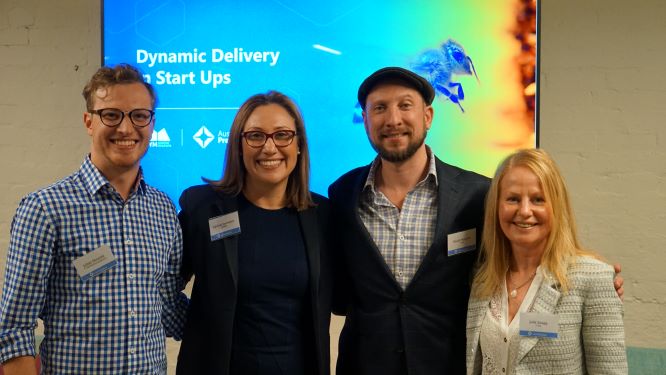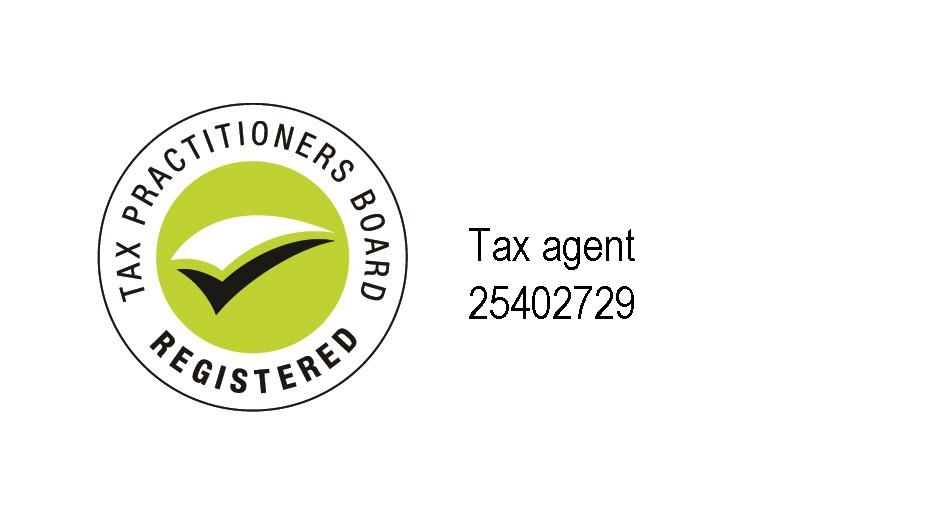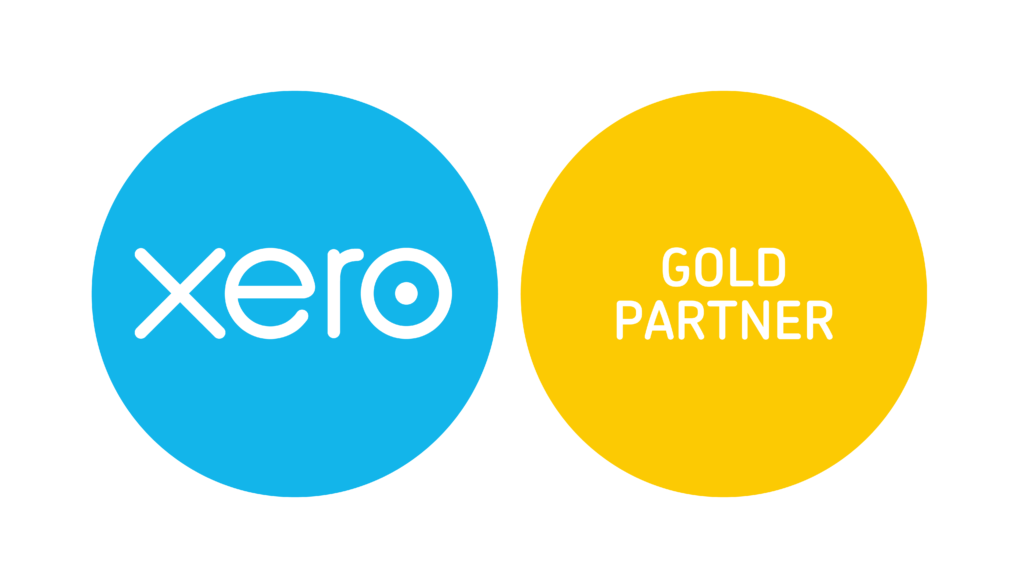Substantiation – Work-Related Self-Education Expenses

With the end of financial year fast approaching, it is time to consider your claims and deductions. Now, if you are a superstar at record keeping, no doubt you have been filing receipts and invoices throughout the year, in preparation for the processing of your return. If not, it is really important to understand that you may be asked to provide supporting documentation to verify the amounts included in your tax return.
This week, we will cover work-related self-education expenses.
Substantiation
The ATO Commissioner has advised, “If a taxpayer relies on the exception from substantiation, they may still be required to show the basis for determining the amount of their claim, that the expense was actually incurred, and that it was for work-related purposes. What counts as evidence for a claim subject to the substantiation exception will vary according to individual circumstances and the nature of the expense.”
Conditions for Claiming Self-Education Expenses
You can claim self-education expenses related to your work as an employee if you work and study at the same time and satisfy the following conditions:
- you are upgrading your qualifications for your current employment
- you are improving specific skills or knowledge used in your current employment
- you are employed as a trainee and you are undertaking a course that forms part of that trainee-ship
- you can show that at the time you were working and studying, your course led, or was likely to lead, to an increase in income from your current employment.
When You Cannot Claim Self-Education Expenses
You cannot claim a deduction for work-related self-education expenses for a course that:
- relates to your current employment or profession only in a general way, or
- will enable you to get new a new job.
You cannot claim the following expenses related to your self-education:
- tuition fees paid by someone else, including your employer, or tuition fees for which you have been/will be reimbursed
- repayments of any loans you obtained under the Higher Education Loan Program including (HELP) loans, Student Financial Supplement Scheme (SFSS), the Student Startup Loan (SSL) or the Trade Support Loans Program (TSL)
- home office occupancy expenses – such as rent, mortgage interest, rates
- accommodation and meals – except where you travel away from home for a short period for study, such as to attend residential school.
Claimable Self-Education Expenses
The general self-eduction expenses you may be able to claim include:
- tuition fees, if paid directly by you
- computer consumables (e.g. printer cartridges)
- textbooks
- trade, professional or academic journals
- stationery
- home office running costs
- internet usage (excluding connection fees)
- phone calls
- postage
- student services and amenities fees
- travel costs, including car expenses, between home and the place of education and between your workplace and the place of education
- fees payable on some Higher Education Loan Program (HELP) loans, but not the loan itself.
But it is important to note, you can only claim a deduction for the portion of these expenses that is directly related to your eligible self-education. For example, if you study two nights a week for 3 hours per night, and the length of the course is 12 weeks, you are able to claim home office expenses to the value of 2 x 3 x 12 = 72 hours of home office running costs.

discussion on Dynamic Delivery in Startups. Watch the full panel discussion here.
Depreciating Assets Required for Self-Education
You may also be entitled to a deduction for depreciating assets being assets that lose value over time, like computers and printers, if they were purchased for the purpose of study. If the asset costs more than $300, they can be claimed over the ‘life’ of the asset (assuming a decline in value over time). However, if you have a depreciating asset that cost less than $300, you may be able to claim a deduction for the full cost, to the extent that you used it for study in the tax year you bought it. (see Apportioning expenses).
Travel Costs Associated with Self-Education
If you are undertaking self-education that has a direct connection to your present job, you can also claim the cost of travel from your:
- home to your place of education and back work
- to your place of education and back
Substantiation Required for Self-Education
When claiming self-education costs, you will be required to provide the following:
- full details of the course you undertook
- the name of the institution where it was undertaken
- the date you began your course
- whether you were a full-time or part-time student
- the nature of each expense and the amount claimed
- a list of all items included in your claim
- course fees
- textbooks
- stationery
- assets purchased
- decline in value of, and repairs to, depreciating assets
- an explanation as to how the course directly relates to your employment (at the time you were taking the course)
- copies of original receipts or other documents to support each item included on the list.
Records you need to keep include receipts and other documents to substantiation the expense. You must also keep receipts, documents and diary entries for travel expenses.
It is important to note that the ATO may also ask you to provide a letter from your employer confirming their requirement for you to attend the course.
If you have any questions or need advice and clarity specific to your business, feel free to contact Semmens & Co on 03 8320 0320 for a free consultation.







